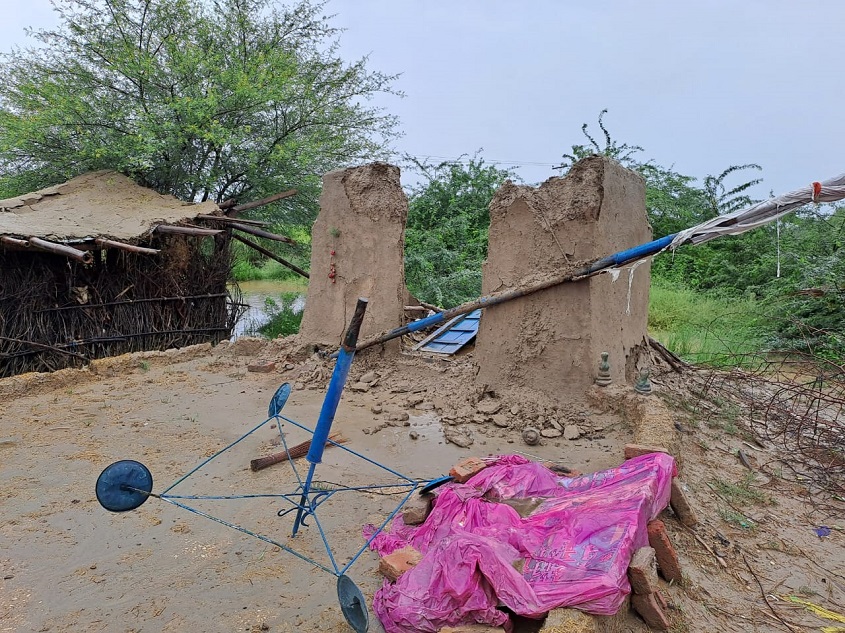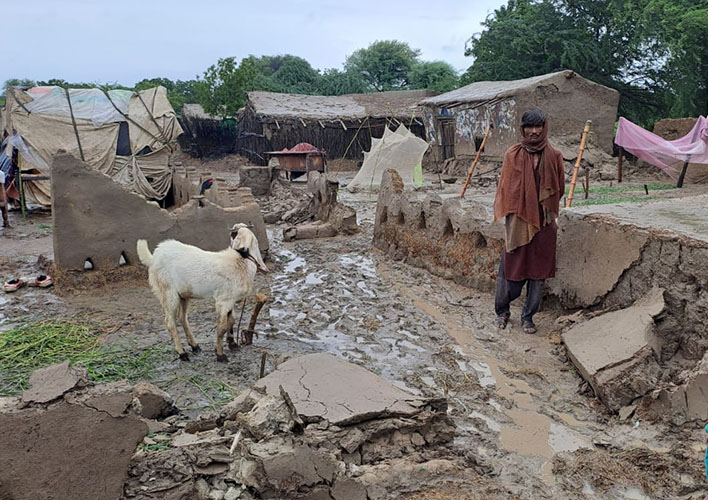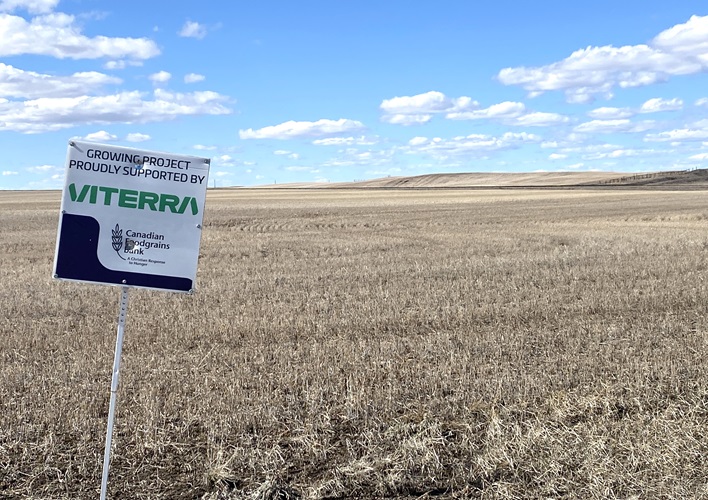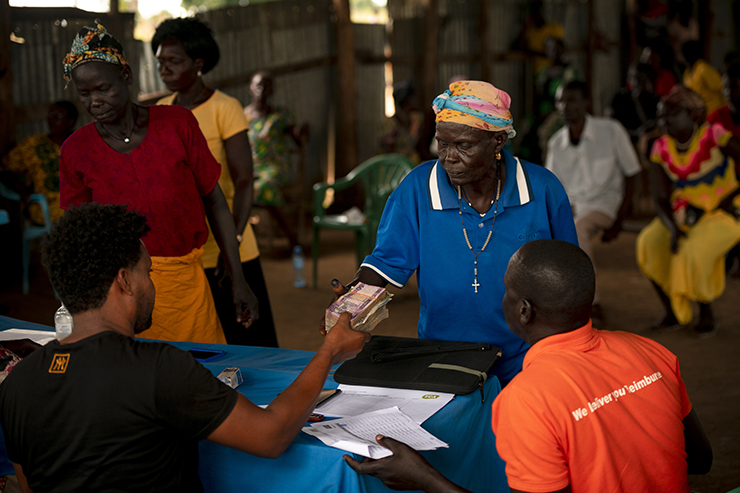Millions of people are in need of emergency food assistance after severe flooding has devastated many regions of Pakistan.
News reports estimate more than 1,400 people have died as a result of the flash floods – a number that is expected to rise in coming days and weeks.
Hundreds of thousands of people in Pakistan have been displaced by the floods, leaving them with no choice but to take refuge in makeshift shelters, on the roadside or with family in areas of Pakistan unaffected by the catastrophic damage.
But with so much of the country currently under water, and transportation proving more difficult by the day, finding a place to take refuge is easier said than done.
Homes have been washed away, critical infrastructure is down, and to add to the level of food insecurity already present, many farmers have lost all of their crops right before the harvest.
The amount of rain they have experienced since June is unprecedented for this region.
Up until recently, soaring food prices, drought and the COVID-19 pandemic, as well as difficulties in crop and livestock production, have been the key drivers of food insecurity in the southern province of Sindh.
Now, the monsoon rains and flash flooding have taken the situation from bad to worse, and food insecurity and malnutrition are expected to rise exponentially as food shortages increase.

Monsoon rains and flash flooding have caused devastation across the country, particularly in the southern province of Sindh. Photo: Community World Service Asia
Home to more than 47 million people, Sindh is one of the most affected provinces in terms of both loss of life and infrastructural impact.
In times like this, our member agencies and their local partners act fast.
Working with their local partner Community World Service Asia Pakistan, Presbyterian World Service & Development is providing emergency food assistance to the worst-affected areas of Sindh, such as Umerkot and Mirpur Khas.




